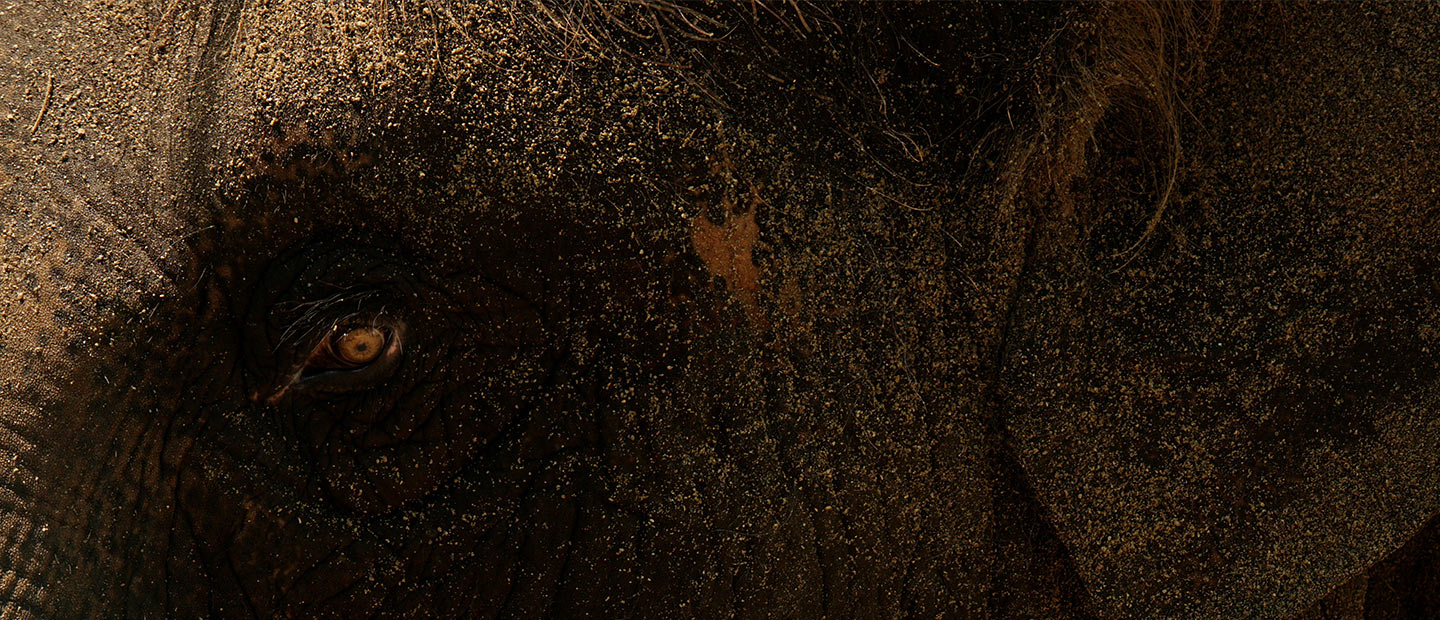Asian elephants face serious threats in the wild such as loss, degradation and fragmentation of their habitat due to an ever-expanding human population in the regions of the world in which they live. These stressors produce a multitude of human-animal conflicts, resulting in elephant deaths. As protected areas can only support a certain amount of elephants, the primary objective in long-term elephant conservation is limiting HEC (human-elephant conflict).
Another major threat to the elephant species is ivory poaching, the direct consequence of this is greatly reduced numbers of male elephants, creating an irreversible gender imbalance and immensely reducing genetic variation in the elephant population.
Asian elephants are defined as globally endangered by the IUCN Red List and their population is one tenth of African elephants. The present Asian elephant population is estimated at around 5,500. With annual losses of around 14 animals, this population is severely threatened. Long-term and short-term strategies are urgently needed if these elephants are to be saved.
The Auckland Zoo Conservation Fund partnered with the Centre of Conservation and Research in Sri Lanka. CCR has conducted many research projects over the years including studying Sri Lankan elephants using radio telemetry and more recently, GPS satellite-tracking. Through GPS satellite-tracking, CCR has proven the use of a natural corridor used by elephants between two national parks, which is now an area protected from development by the Department of Wildlife Conservation.


